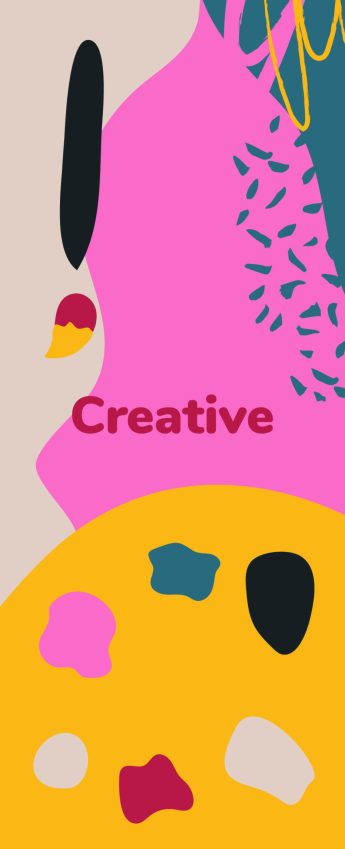Natwest: You are a bank. That’s all you are.

by Zane Radcliffe, Creative Director, AgencyUK
It was Oscar Wilde who said that there is only one thing in life worse than being talked about and that is not being talked about. In the twentieth century, an increasingly PR driven ad industry updated Wilde’s maxim to the popular adage: there’s no such thing as bad publicity.
During the halcyon days of TV advertising, when millions of us watched the same ad break at the same time (how quaint!), agencies spoke of creating ‘watercooler moments’ in workplaces on the days following the first airing of their latest TV opus. We sold clients on the idea that ads should polarise people – ingratiate and agitate – because that is how you generate opinion and debate. That is how you become ‘talked about’.
Of course, as a nation, we still talk about ads. Only we don’t gather round the water cooler in a closed group. We share our views openly on social media – in indelible, electronic ink – with an audience that’s unconfined. The consumer has been empowered like never before. It is no longer sufficient to simply be talked about. Brands need to be talked about in the right way.
But how?
Let me refer to the new NatWest TV ‘spectacular’ as an example of a brand that has got it spectacularly wrong. If you haven’t seen the ad, you’ll have read comment on it or caught someone’s opinion. It’s being ‘talked about’. Which is a good thing, right? Not entirely.
The RBS-owned bank has presumably conducted some research that has concluded that people don’t trust banks. No shit and nice work if you can get it. And, in an attempt to address this and win back our hearts and minds, it has served us sixty seconds of sincere, monochrome vignettes that highlight contradictions of the human condition. We are creative … and destructive. We are brave … and stupid. It’s a portentous and pretentious collage of suffragettes, hooligans, war heroes and newborn babies. There’s even a crumbling, polar ice cap (and it’s not even an ironic reference to financial collapse).
For 50 of the 60 seconds, the ad attempts to tug our emotional heartstrings and prick our consciences in the way UNICEF or Amnesty might be expected to do. And then their logo appears. And the bubble bursts, like a water balloon filled with piss. And a nation collectively screams: what the f***??!
It won’t be the reaction they expected. Somewhere within the cosseted walls of their agency or their marketing department, they thought it would be a good idea to reposition themselves as apologists for past actions. ‘We are what we do’ is their pompous and belated promise to try harder. It’s like they’ve just stumbled on the whole notion of corporate social responsibility.
And the reason the ad doesn’t work? It’s because they don’t have permission. They don’t have our permission to co-opt issues of global warming, homelessness and man’s inhumanity to man. They don’t have our permission to represent us from the moment we are born to the day we die. Their ad hijacks the achievements of screen heroes and war heroes. And we do not give them permission to do that. They have not earned the right.
We haven’t forgotten about the sub-prime crash. We haven’t forgotten Fred the Shred. We haven’t forgotten the bonuses, the bullshit and the bail out.
We are what we do, they claim.
If that’s the case, you are a systematic part of the financial malaise.
You are part owned by us, and a drain on taxpayer’s resources.
You are making yourselves inaccessible to older customers by closing branches.
You are vulnerable to security breaches.
You are staring down the barrel of a crippling, multi-billion dollar fine.
And you are not a good judge of your audience.


